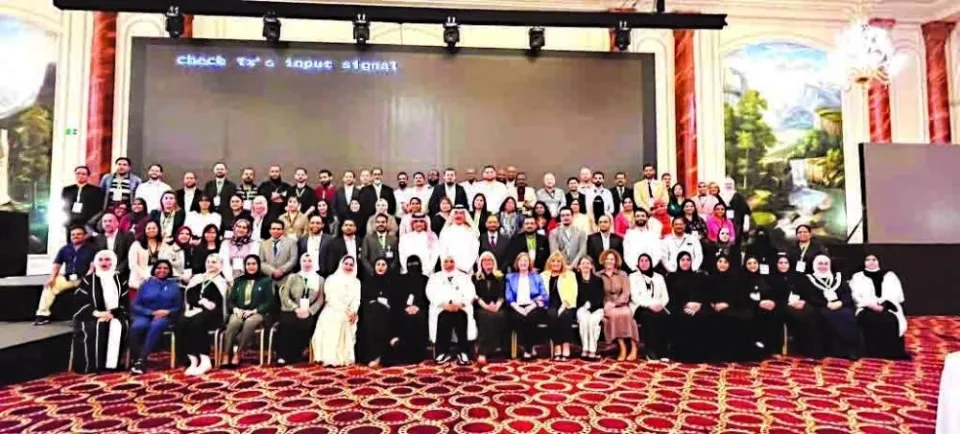The Department of Geriatrics and Long-Term Care at Hamad Medical Corporation (HMC) has partnered with the Institute for Healthcare Improvement (IHI) and Hamad Healthcare Quality Institute (HHQI) in an effort to improve the quality of life for senior citizens in Qatar.
According to a statement made on Sunday, the goal is to promote age-friendly care that takes into account the specific needs and preferences of the target group.
Becoming an Age-Friendly Health System entails reliably providing a set of four evidence-based elements of high-quality care, known as the “4Ms” to all older adults in a system. They are: (1) What Matters – acknowledging the unique care preferences of older adults; (2) Medication – reviewing medications holistically from a more age-friendly perspective; (3) Mention – preventing, identifying, treating, and managing dementia, depression, and delirium across settings of care; and (4) Mobility – promoting daily movement in older adults to support their function.
Dr Abdulla al-Ansari, chief medical officer at HMC, noted: “The care given to elderly patients in Qatar will improve thanks to this research-based strategy. In order to build capacity and capability within our organization and to spread knowledge about age-friendly healthcare systems, our geriatric team, the quality improvement advisers, and IHI will work together. HMC is also happy to share its knowledge with those outside of the organization.”
Dr. Hanadi al-Hamad, the national health strategy lead for healthy aging, chair of geriatrics and long-term care at HMC, and medical director at Rumailah Hospital and the Qatar Rehabilitation Institute, emphasized that this collaborative is a valuable addition to the extensive work that has been done to provide more specialized, evidence-based healthcare to Qatar’s senior population.
“In our efforts to deliver more individualized and comprehensive geriatric care that caters to the distinct needs and preferences of our patient population, we have made significant progress. The “4Ms” provide a framework for us to build on the work we have done so far and enable us to imbed age-friendly system concepts across HMC”, said Dr al-Hamad. “This work is in line with the work being done at the WHO Collaborating Centre for Healthy Ageing and Dementia, which was just recently established as a joint venture between the WHO and the Department of Geriatrics and Long-Term Care at HMC.”
The Age-Friendly Health Systems Collaborative in Qatar seeks to increase access to healthcare in order to improve health outcomes and the standard of living for senior citizens. Using tried-and-true resources, tools, and best practices is a major priority, and HHQI is offering its expertise in this area. In order to share ideas, successes, and opportunities for improvement, the HHQI faculty and geriatric healthcare teams are encouraging cross-collaboration among facilities and teams.
Nasser al-Naimi, deputy chief of quality, and director HHQI and the Centre for Patient Experience and Staff Engagement said: “Our objective is to improve patient safety while ensuring that the care we give to older adults reflects what is important to them, their family, and caregivers. To achieve this objective, we have several work programs. One strategy that complements the work being done by the Flow Collaborative, which has been progressing for several years, is the Age-Friendly Health Systems Collaborative. Recognizing the unique needs of older geriatric patients, the Flow Collaborative also addresses the aim to deliver the “Right care” in the “Right place” at the “Right time”.
The John A. Hartford Foundation and IHI have launched an initiative called Age-Friendly Health Systems in collaboration with the American Hospital Association and the Catholic Health Association of the US to take on this challenge.



